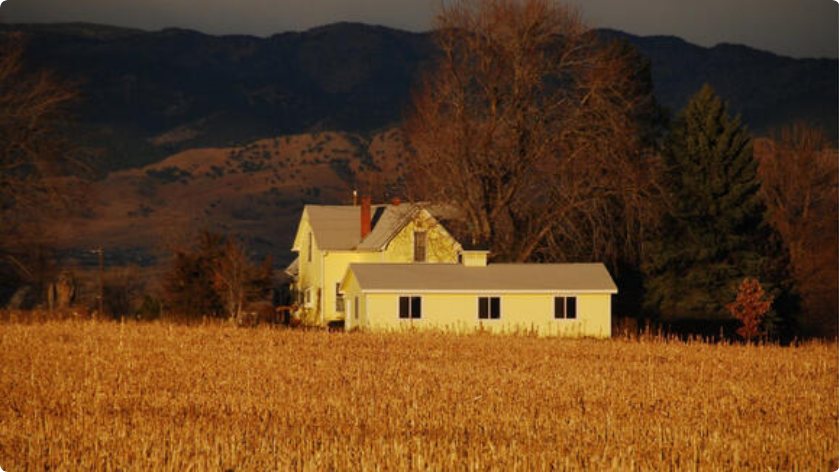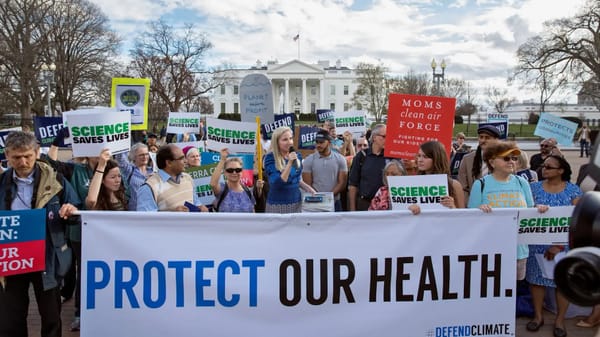Affordable Housing Struggles in Small Cities & Rural Areas: Impact on Economy & Community
While the affordable housing crisis in major metropolitan areas often dominates headlines, smaller cities and rural communities across the United States are increasingly grappling with similar challenges.

While the affordable housing crisis in major metropolitan areas often dominates headlines, smaller cities and rural communities across the United States are increasingly grappling with similar challenges. Rising housing costs, limited affordable options, and concerns over housing quality are impacting economic stability and community health in these regions.
Traditionally considered more affordable, smaller cities are now experiencing significant increases in housing prices. Factors such as population growth, limited housing supply, and increased demand have contributed to this trend. For instance, in regions like the Lockyer Valley in Queensland, Australia, local councils are opening up residential lots to address housing shortages, reflecting a global pattern of smaller communities facing housing affordability issues.(Courier Mail)
Rural areas are not immune to the housing crisis. Many rural communities face unique challenges, including lower incomes, limited employment opportunities, and an aging housing stock. The lack of large-scale development in these areas often leads to higher construction costs, reducing incentives for private investment. (HomeSight)
Additionally, rural residents often encounter long distances to access essential goods and services, exacerbating the issue. Utilities are another housing expense for which residents of rural communities pay disproportionately higher costs. Rural families spend nearly 20 percent more on energy-related expenses (as a percentage of income) than do urban households. (HUD User)
The lack of affordable housing in smaller cities and rural areas has far-reaching consequences. High housing costs can lead to financial strain for families, reducing disposable income and limiting access to healthcare and education. In rural Missouri towns, for example, 'crazy' spikes in housing prices are hurting residents, highlighting the economic instability caused by the housing crisis. (KCUR)
Moreover, substandard housing conditions can adversely affect physical and mental health, contributing to issues such as respiratory problems and increased stress levels. The shortage of affordable homes remains a barrier to the economic, physical, and social well-being of the nation’s lowest-income renters. (NLIC)
Addressing the affordable housing crisis in smaller cities and rural communities requires targeted strategies. Investing in affordable housing development, providing incentives for private developers, and implementing policies that preserve existing affordable housing are crucial steps. Additionally, expanding rental assistance programs and increasing funding for community-based housing initiatives can help alleviate the burden on low-income families. (CBPP)
Community engagement and collaboration among local governments, non-profit organizations, and private sectors are essential to develop sustainable solutions that meet the unique needs of these communities. By focusing on the specific challenges faced by smaller cities and rural areas, policymakers can work towards ensuring that all Americans have access to safe, affordable housing, regardless of where they live.
At DayMark News, we are committed to exposing the rise of authoritarianism and its threat to democracy. In a time when disinformation spreads like wildfire and democratic institutions face relentless attacks, we need your support to keep the fight alive.
Investigative journalism is our weapon against authoritarian ideologies. We delve deep to uncover the truths others would rather keep hidden, while providing actionable resources to empower individuals like you to defend our democracy.
We believe in transparency, integrity, and the power of a well-informed public. But maintaining a platform dedicated to fearless reporting and mobilization requires resources. We refuse to bow to corporate interests or compromise our mission. That's why we turn to you — our community.
Every donation, big or small, helps us continue our work. With your support, we can produce the in-depth analyses, breaking news, and educational tools needed to resist the rise of extremist movements and protect democratic values for future generations.
This fight belongs to all of us. Together, we can ensure that democracy not only survives but thrives. Please consider making a contribution today to keep DayMark News strong and independent.
Donate Now: Because Democracy Can't Defend Itself.





